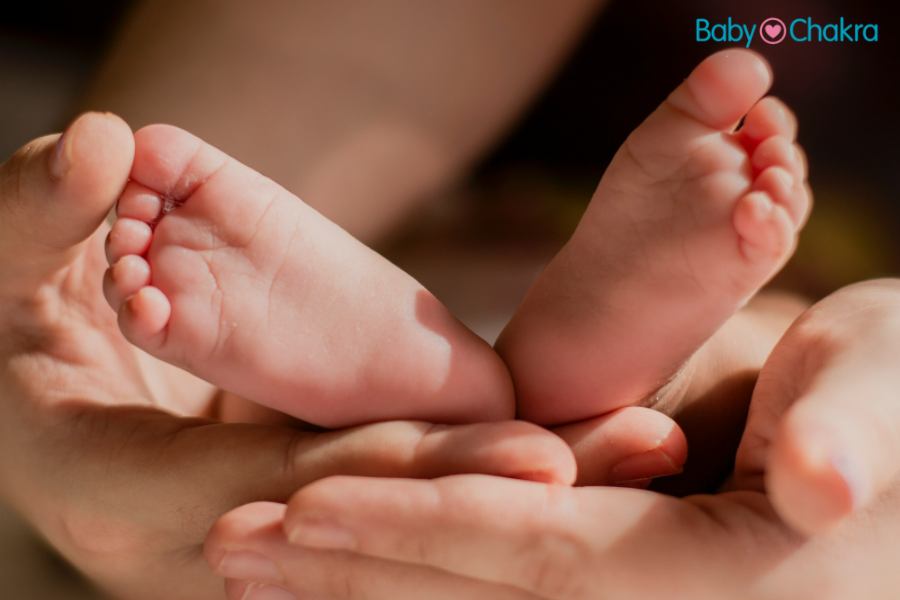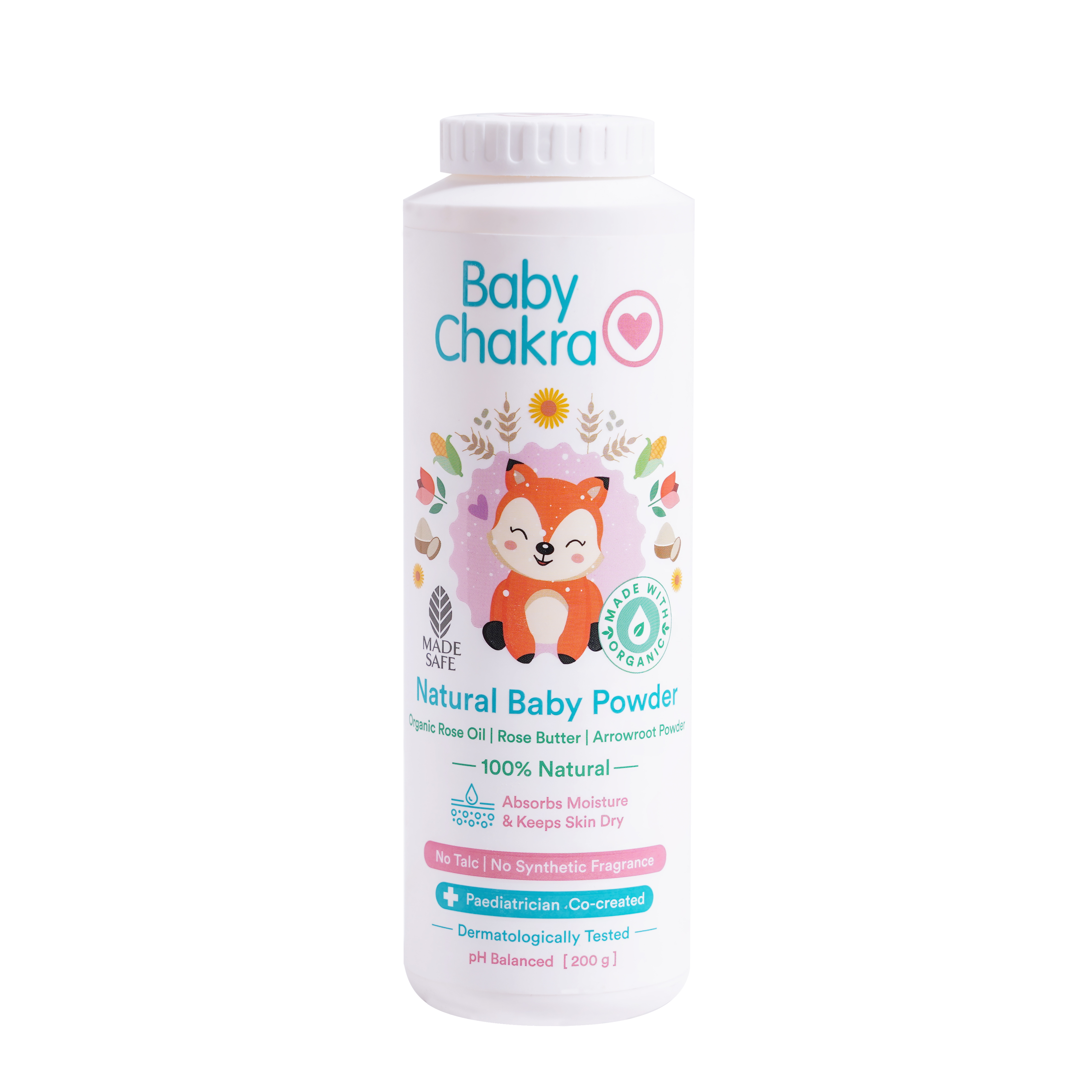
How To Choose A Talc Free Powder For Your Baby
6 Jun 2022 | 4 min Read
Sayani Basu
Author | 607 Articles
Diaper rashes, undesirable moisture, and aggravation are some of the ordeals that come along with changing your infant’s diaper.
This is where baby powder comes into play. Baby powders absorb moisture and keep your little one comfortable, particularly when the nappy brushes against the skin of a baby.
Since, baby powder is generally applied directly on the baby’s skin, you need to be careful while picking the baby powder that’s suitable for your baby.
It is best to use a talc-free powder for your baby as the little one’s skin is 20-30% thinner than an adult and is still developing.
Why Should You Avoid Talc?
Talc powders contain a substance called asbestos that is extremely toxic for use. Talc powders can cause severe irritation, redness, and soreness.
If inhaled, it can cause asthma, bronchitis, and talcosis. The American Academy of Paediatrics recommends against using talcum in babies during diaper change because its small particles can end up inside the lung causing respiratory issues.
It can cause pneumoconiosis, a lung disease caused by the inhalation of dust. This can happen if the powder container accidentally spills on the little one or even if he/she inhales a small amount of the particles.
If talcum powder gets into your baby’s eyes, it can also cause redness and irritation.
What Kind Of Baby Powder Should Mums Opt For?
While choosing a baby powder for your baby make sure to check a few things:
- Free of asbestos
- Free of fragrance and phenoxyethanol
- Dermatologically tested
- Made with organic and 100% natural actives
- No toxins or chemicals are involved in the process
Baby powders that are made from cornstarch are highly recommended by doctors and paediatricians as its particles are larger and are therefore difficult to get in the surrounding air.
Therefore, mums can choose the ones having arrowroot powder, oatmeal powder, chamomile and lavender oil along with shea and rose butter.
Chamomile, rose and lavender oils have anti-inflammatory and calming properties that ease skin conditions like eczema or rashes and soothe the skin.
Shea butter is rich, creamy, and is packed with essential fatty acids that keeps your baby’s skin moisturised and reinforces the natural barrier of your little one’s skin.
In addition to these, mums should also read the label before purchasing a baby powder. Besides talcum, it should be free from asbestos, gluten, paraben, phenoxyethanol, artificial fragrance, and artificial colours and should be non GMO.
Tips to Remember While Using A Baby Powder
Here are some of the tips that should be kept in mind when using a baby powder:
- It is advisable to not sprinkle the powder directly on the baby. Instead, take some powder on your palm and pat the baby’s skin gently with it.
- Keep the container away from your baby while taking it on your palm. This will ensure that the little one does not breathe some of it directly and the powder doesn’t get into his/ her eyes.
- Using the powder on the baby’s face is not a good idea as it can lead to breathing issues. If inhaled, it can lead to lung complications.
- You can clean any residual powder that accumulates in the little one’s skin folds with a soft cloth to avoid skin infections.
If you are looking for a safe alternative to baby powder, you can also use essential oils like lavender or chamomile for babies over three months as these have anti-inflammatory properties.
It is advisable to choose baby products smartly, especially those to be applied to the tender and delicate skin of babies.
A


Suggestions offered by doctors on BabyChakra are of advisory nature i.e., for educational and informational purposes only. Content posted on, created for, or compiled by BabyChakra is not intended or designed to replace your doctor's independent judgment about any symptom, condition, or the appropriateness or risks of a procedure or treatment for a given person.

